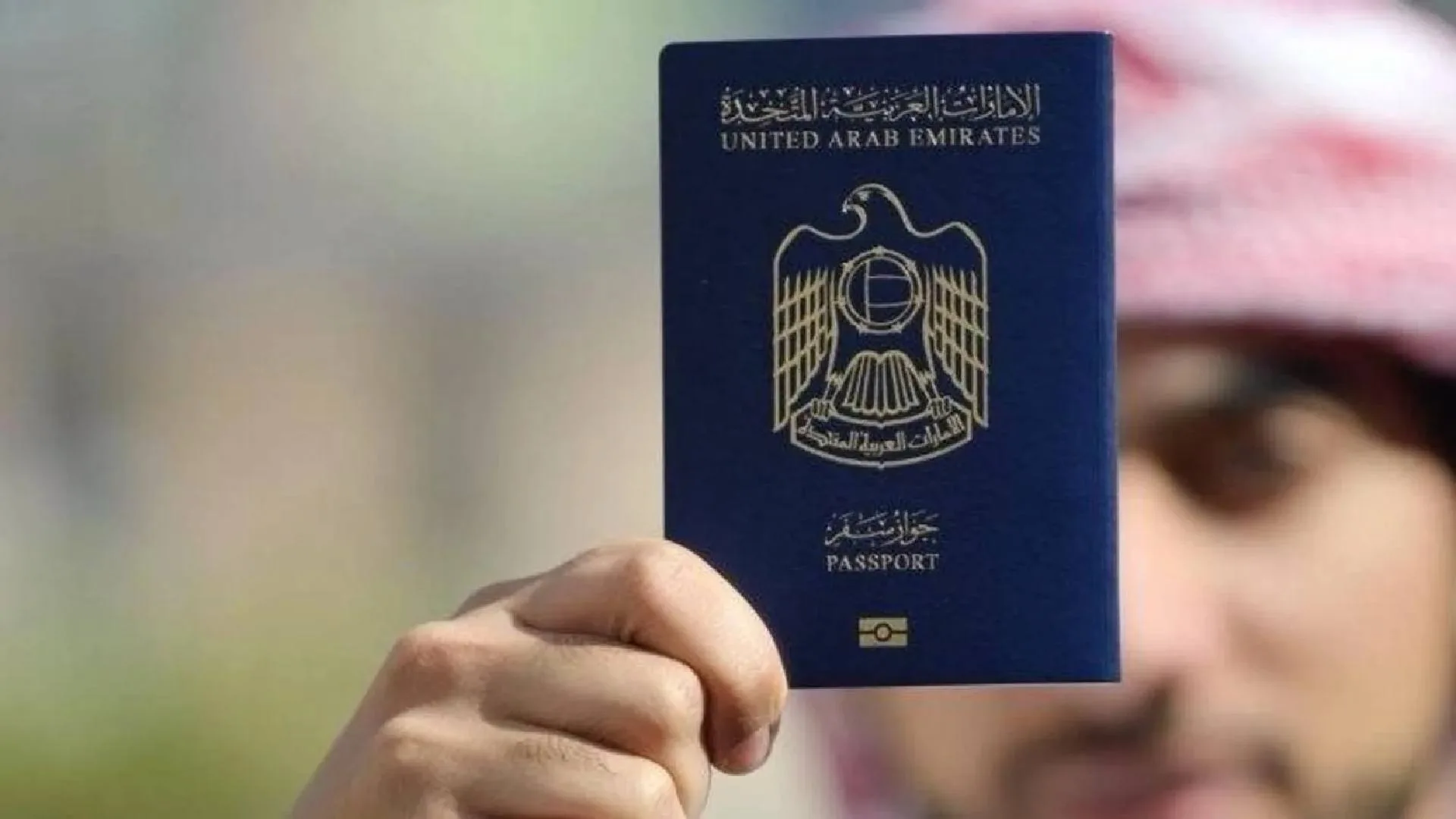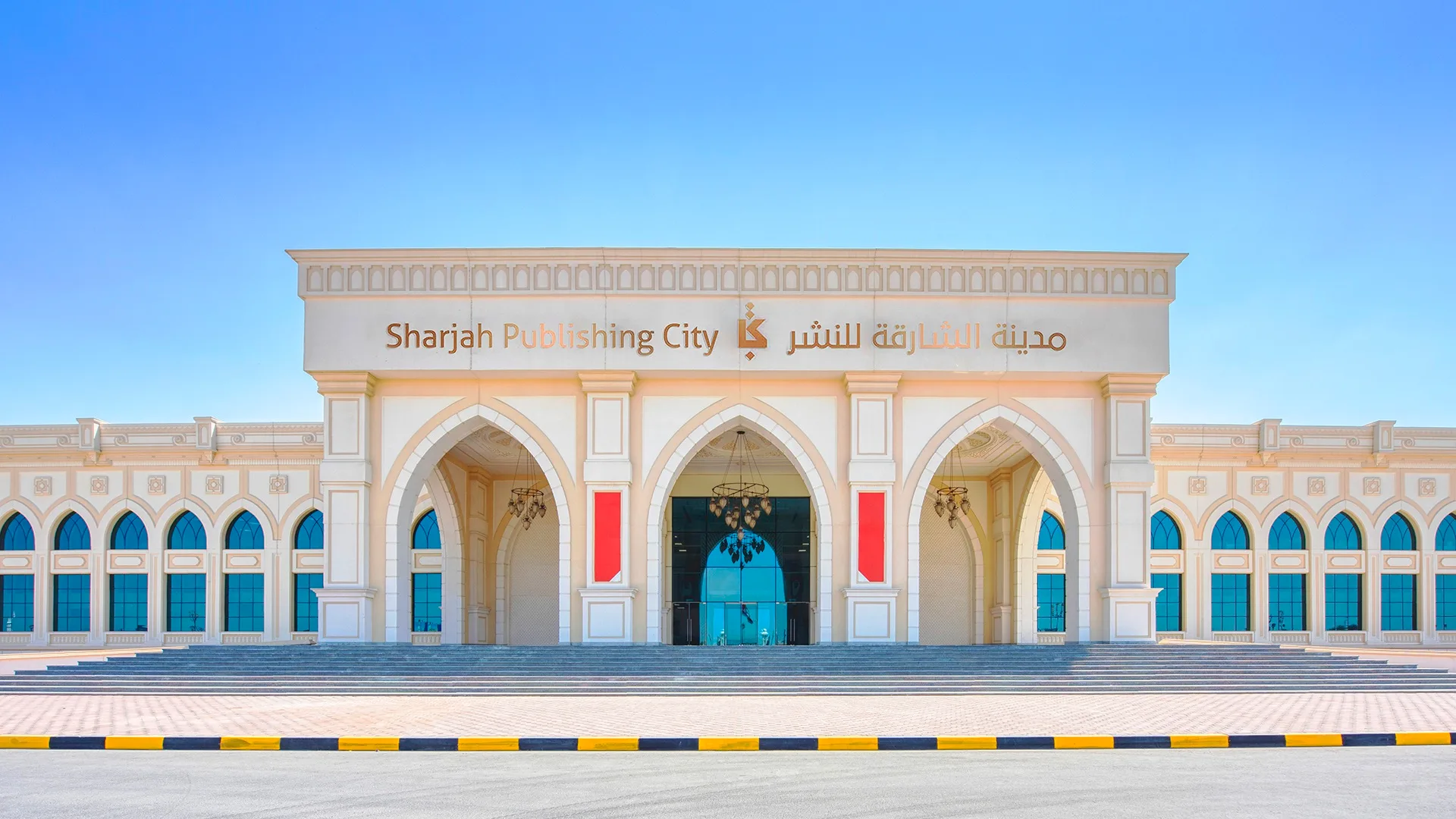The United Arab Emirates (UAE) offers numerous advantages for expats, entrepreneurs and investors who want to live and work in the region. Two of the most important documents required in the UAE are the Residence Card (residence card) and the Emirates ID. Although both documents are closely linked and necessary for expats in the UAE, they fulfill different functions. In this article, we will explain in detail the differences between the Residence Card and the Emirates ID and what role each of these documents plays in everyday life and business activities.
Table of contents
- 1 1. Was ist die Residence Card?
- 2 2. Was ist die Emirates ID?
- 3 3. Der Hauptunterschied zwischen der Residence Card und der Emirates ID
- 4 4. Warum du beide Dokumente brauchst
- 5 5. Vorteile der Emirates ID im Vergleich zur Residence Card
- 6 6. Beantragungsprozess beider Dokumente
- 7 The differences at a glance
1. What is the Residence Card?
The Residence Cardoften also referred to as Residence permit or Residency Visa is a document that gives foreigners the right to live and work in the UAE for a certain period of time. It is a visa that is stamped in your passport and allows you to live, work or run a business in the Emirates.
Types of Residence Cards
There are different types of residence cards in the UAE, depending on the reason for your stay:
- Work visaFor expats employed in the UAE, the company you work for issues the work visa, which then leads to the issuance of the Residence Card.
- Investor or company founder visasFor entrepreneurs and investors setting up or investing in a company in the UAE, there are special residence cards that allow them to live in the region.
- Family visasIf you live in the UAE as an expat, you can apply for a residence card for your family members so that they can also live in the Emirates.
- Pensioner visaSpecial residence permits are available for foreigners over the age of 55 who wish to spend their retirement in the UAE.
Period of validity of the Residence Card
The Residence Card is usually valid for between one and three years, depending on the type of visa and the reason for your stay. After the expiry date, the card must be renewed if you wish to continue living in the UAE.
Main functions of the Residence Card:
- Right to live and workThe Residence Card allows foreigners to live and work legally in the UAE.
- Travel authorizationIt allows expats to leave and re-enter the UAE without having to apply for a new visa.
- Banking transactions and rental agreementsIt is often required to open bank accounts, rent real estate or register for utility services.
2. What is the Emirates ID?
The Emirates ID is the official identification card issued by the Federal Authority for Identity and Citizenship (ICA) is issued. It serves as an important identification document for all UAE nationals and expats living in the UAE. The Emirates ID is mandatory and contains personal information and biometric data of the holder.
The Emirates ID is not only used as a means of identification, but also provides access to a wide range of public and private services.
Key features of the Emirates ID:
- Biometric dataThe Emirates ID contains fingerprints and a digital photo, which are used to uniquely identify the cardholder.
- Chip for data storageThe card contains a chip on which personal and biometric data are stored.
- Access to government servicesEmirates ID is required to access various government services in the UAE, such as healthcare, applying for permits and paying taxes.
3. The main difference between the Residence Card and the Emirates ID
While both the Residence Card as well as the Emirates ID are indispensable for expats in the UAE, they have different functions and areas of application.
a) Function and purpose
- Residence Card: The Residence Card is first and foremost a Visawhich allows foreigners to live, work or invest in the UAE. It is stamped in the passport and serves as the legal basis for residence in the Emirates.
- Emirates IDEmirates ID is a Identification cardwhich is used as official proof of your identity in the UAE. It is required for all kinds of daily transactions, from opening a bank account to registering for utility services or using government services.
b) Validity
- Residence CardThe period of validity of the Residence Card depends on the type of visa and is usually between one and three years.
- Emirates IDThe period of validity of the Emirates ID corresponds to the duration of your residence permit. As soon as your visa expires, you must renew both the visa and the Emirates ID.
c) Use in everyday life
- Residence CardThe Residence Card is mainly required when traveling to prove that you are legally living in the UAE. You must also present it on certain official occasions, such as when applying for a new residence permit or at border crossings.
- Emirates IDThe Emirates ID is used in everyday life for a variety of transactions. It is required to sign contracts, open bank accounts, register cell phones, sign rental agreements and gain access to public services.
4. Why you need both documents
Both the Residence Card as well as the Emirates ID are necessary to lead a complete and legally secure life as an expat in the UAE. Both documents complement each other by fulfilling various legal and administrative purposes.
- Legality and residenceThe Residence Card is your legal proof that you live and work in the UAE. Without this card you have no legal status in the country.
- Access and identityThe Emirates ID is your official means of identification, which you will need for almost every interaction with authorities, banks, service providers and employers.
5. Advantages of the Emirates ID compared to the Residence Card
Although the Residence Card is required for legal residence, the Emirates ID offers several advantages that make everyday life in the UAE much easier:
- Digital identificationEmirates ID is increasingly used for authentication to digital government services, simplifying access to government services.
- Higher security levelThe biometric data on the Emirates ID (fingerprints and photo) offers a high level of security and protection against identity theft.
- Fast verificationsThe Emirates ID enables faster verification and authentication in various areas, such as checking into hotels, opening bank accounts and registering for services.
6. Application process for both documents
The application for the Residence Card is usually done by your employer, your sponsor or as part of setting up your own business in the UAE. Once your visa has been approved, the next step is to apply for your Emirates ID.
The Emirates ID will be issued after your residence permit has been approved by the Federal Authority for Identity and Citizenship (ICA) applied for. The process involves recording biometric data (fingerprints, photo) and issuing the card.
The differences at a glance
- The Residence Card is your residence and work visa that gives you the right to live and work in the UAE. It will be stamped in your passport and is essential to secure your legal status in the UAE.
- The Emirates ID is your personal identification card, which is needed in many everyday situations, such as when using government services, opening a bank account or signing contracts.
Both documents are essential for expats in the UAE and complement each other. They ensure that you can stay in the country legally and have access to all the important services and benefits that life in the UAE offers.


















